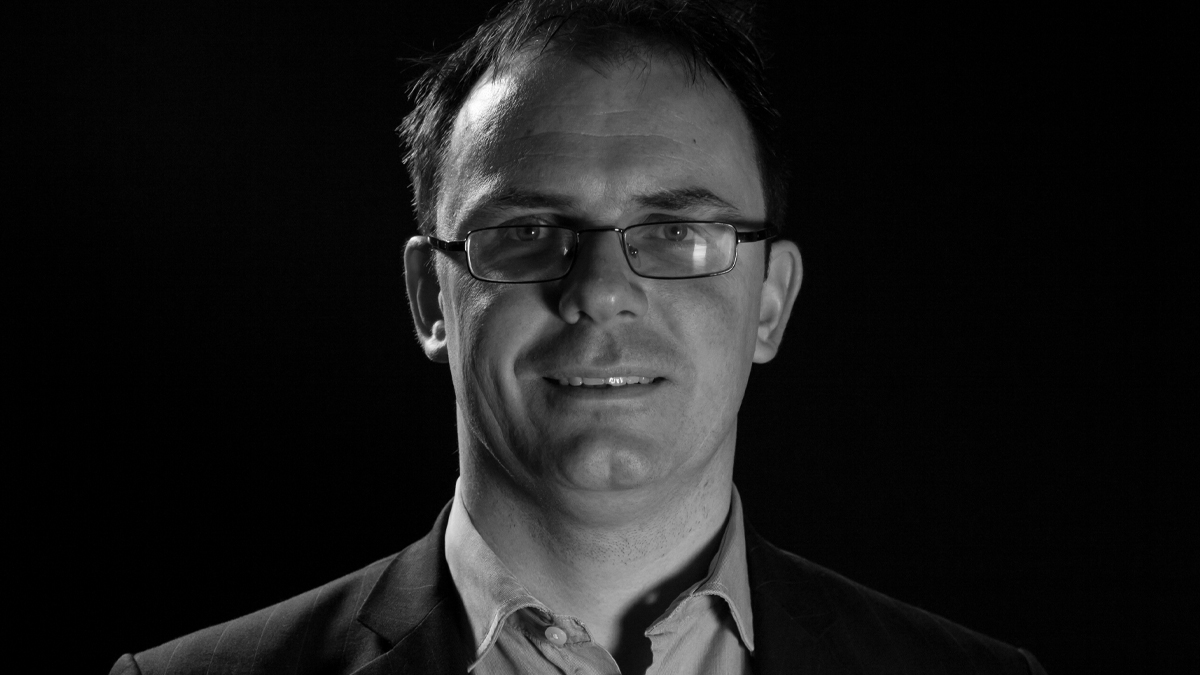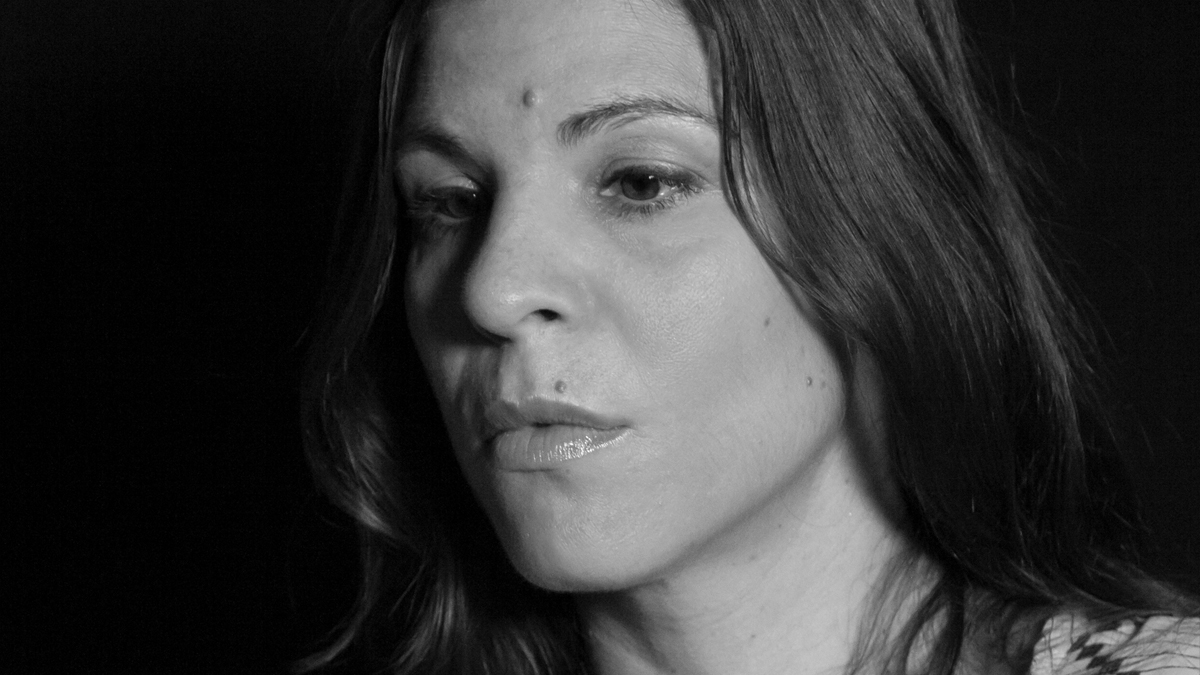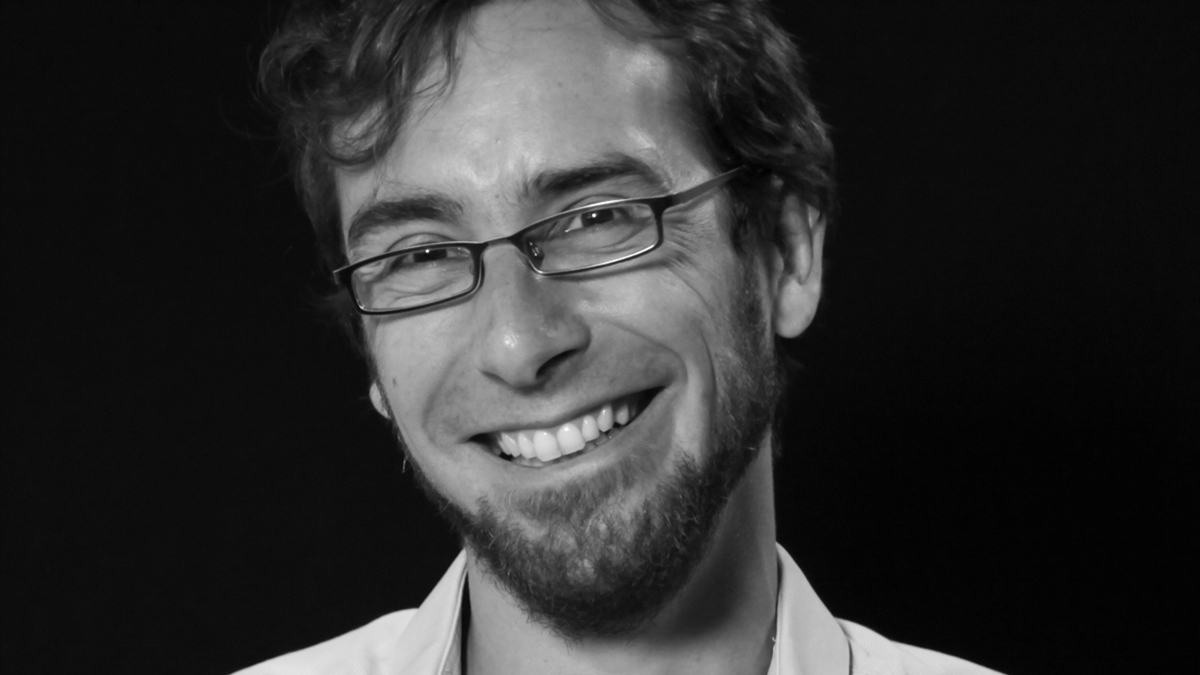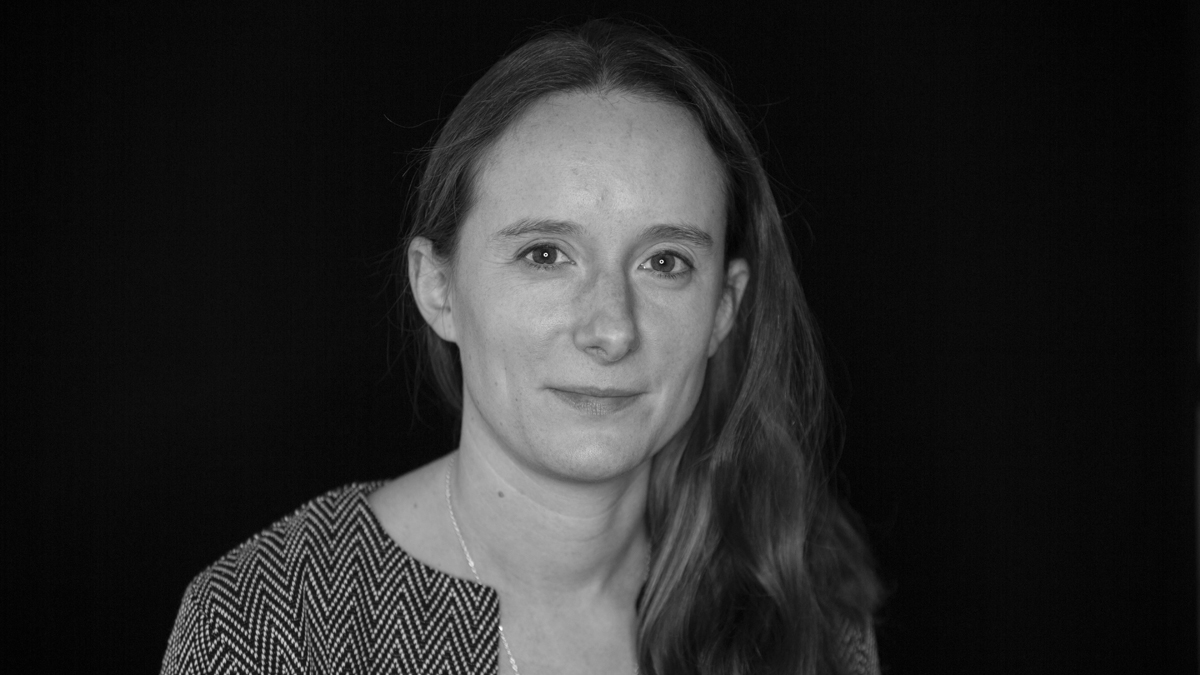State-building is an attempt to build or re-build the weakened or failed institutions of a state, usually as a result of conflict.
It's an area that Professor Dominik Zaum has been interested in since the very beginning of his academic career.
We use cookies on reading.ac.uk to improve your experience, monitor site performance and tailor content to you
Read our cookie policy to find out how to manage your cookie settings

State-building is an attempt to build or re-build the weakened or failed institutions of a state, usually as a result of conflict.
It's an area that Professor Dominik Zaum has been interested in since the very beginning of his academic career.
Before he attended university as an undergraduate student, he undertook his military service with the German army at the same time that Germany had deployed troops to Bosnia as part of a peacekeeping operation.
“As I was working on this, I became increasingly interested in the military aspects of rebuilding a post-war state, and as my studies progressed I got more interested in the civilian aspects of rebuilding war-torn states: particularly the impacts on the economy and restructuring, rebuilding government institutions and so on.”
He became interested in how a range of actors – from large international organisations and governments to NGOS and local actors – engage in state-building, and how these interactions change over time.
But it was the impact of these interventions that really intrigued him, because they often didn't seem to achieve what was originally intended. He wanted to better understand why this was the case.
In 1999, Dominik had the opportunity to travel Bosnia to carry out research for his undergraduate dissertation. He spent five weeks in Bosnia interviewing people, and out of this work came the basis for his PhD. This has since grown into the work that Dominik does today on the political economy of state-building and the impact of state-building on economic and political structures.
Dominik's research has always been applied, and as a social scientist he believes that he should always try to make his research relevant to those who could use it in different ways.
Dominik has worked for a number of international organisations, such as the UN and the UK Foreign, Commonwealth and Development Office (FCDO), developing and improving their programmes. His research has fed into much of this work.
“I've always tried to bring together my research with policy work. And I think in particular, in this area, whilst there is clearly a space for critical reflection on the kind of activities that state-building involves, there's also a great need for thinking through how these interventions can be more effective.
"I think that's a very important part of the work that we need to do with this field.”
From 2011 to 2015, Dominik was seconded to FCDO as its senior research fellow. He developed a range of different research programmes for the organisation, but also worked with its policy teams to feed research evidence from his work into relevant policies.
After that, he worked with the organisation on refreshing and revising their guidance on building stability: the efforts deemed necessary to build peace and stability in war-torn countries.
It was immensely important: this guidance shapes the kind of programmes that FCDO runs in conflict-affected and fragile countries. Moreover, it feeds into the way that conflict is analysed in these countries and enhances our understanding of the challenge of rebuilding states and societies.
Dominik has always supervised PhD students during his time at Reading.
“It's a huge influence on my own work. Obviously these are all independent projects but very often they overlap with my own.
"For example, I had a researcher who worked on UN fact-finding missions. They looked at the way in which the UN develops and uses facts to understand particular conflicts and why these become politicised – and how this shapes their responses. It has certainly shaped my thinking about the way that the UN and the UN states intervene in other conflicts.”
Students at all levels – undergraduate, postgraduate and PhD – have gotten directly involved with Dominik's own research, either as research assistants or through his supervision of them. His own research has also benefited in some respects from dissertations that students have written.
Dominik had one student who wanted to base their dissertation on corruption issues, but they didn't know where to start. He advised they look at how effective anti-corruption commissions are: how many there are, how they were established, and so on.
The dissertation was one of the first to pull this sort of data together, and even helped Dominik to identify trends and further questions for future research of his.
“One of my main projects now is looking at anti-corruption commissions. It doesn't directly build on what that student did, but it helped us in the discussions to start exploring some of these questions that she posed in her dissertation. So there are lots and lots of ways in which student projects help shape our research.
"I think that's one of the most exciting things about teaching and researching politics here at Reading.”

Dr Daphne Halikiopoulou's research looks at the rise of populism and the far-right across Europe. She is on a mission to expose parties who hide their extremism behind a liberal narrative.

Dr Robert Jubb's areas of interest include methods in analytical political theory and philosophy and responsibility for and appropriate responses to structural injustice. His research feeds into undergraduate research-based modules.
